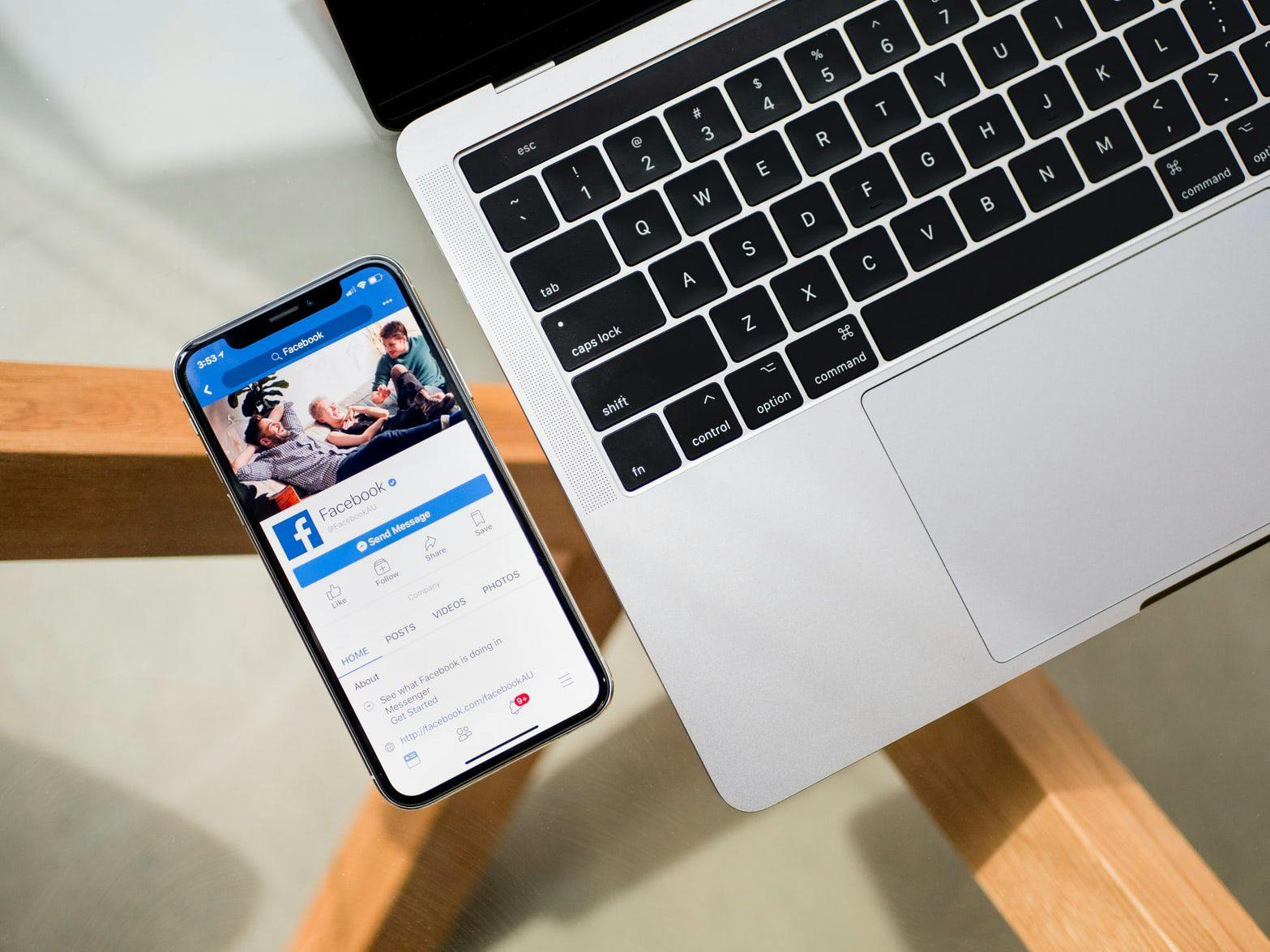396 reads
What is The Open Web and Why is it Dying?
by
February 10th, 2021

The most powerful search & browsing experience on iOS — ad free, easily and infinitely extensible.
About Author
The most powerful search & browsing experience on iOS — ad free, easily and infinitely extensible.
